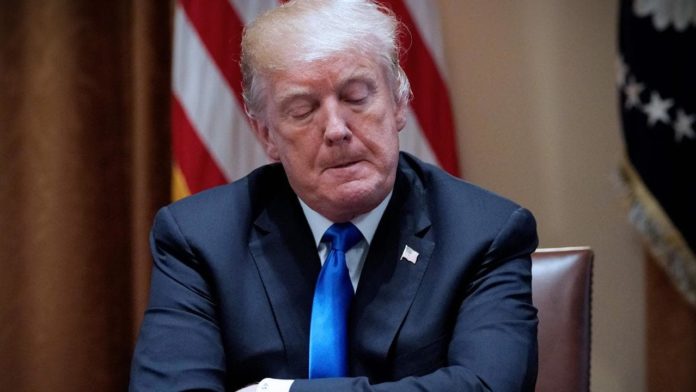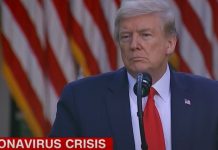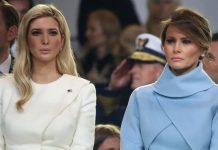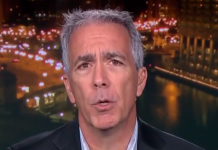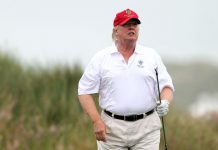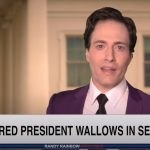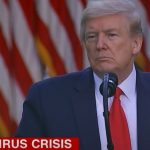Senator Chuck Grassley (R-IA), one of the most powerful and influential members of the Senate, told Axios he may be ready to pass legislation that would make it much more difficult for President Donald Trump to impose new trade tariffs:
“Grassley said he would take a favorable view of legislation limiting the administration’s power to impose tariffs to protect national security (known as Section 232 authority). ‘Maybe the definition of national security or maybe the conditions under which national security could be used as an excuse is a little wide.'”
Grassley’s comments come just hours after Trump said on Twitter that China had agreed to remove all tariffs on cars coming into China from the United States:
China has agreed to reduce and remove tariffs on cars coming into China from the U.S. Currently the tariff is 40%.
— Donald J. Trump (@realDonaldTrump) December 3, 2018
China, however, did not confirm that any tariffs on cars had been eliminated, according to the BBC:
“China and the US had instructed their economic teams to ‘intensify talks’ towards removing all tariffs following the G20 meeting, However, it did not say if that was a plan with specific goals or something that was merely desirable.”
Grassley’s comments are important because they suggest that free trade advocates in Congress may be ready to battle Trump on the issue of trade:
“Members of Congress sound increasingly worried they’ll need to block the president from putting massive new tariffs on auto imports. Trump already used Section 232 to tax steel and aluminum, and he is now looking to use it to impose tariffs of more than 20% on foreign cars.”
The president’s trade war has been especially painful for American farmers, who have lost access to one of the largest markets in the world. U.S. soybean growers have been hit especially hard, and Grassley’s home state of Iowa is suffering badly under Trump’s restrictive tariffs and China’s retaliatory moves.
It remains to be seen if Grassley and other Republicans will actually follow through with their threats of trade legislation, and it seems unlikely Trump would sign any such bill unless it was part of a larger spending measure, even though his ongoing trade war threatens to sink the American economy and lead to a deep recession, according to economists.
Featured Image Via CNBC Screenshot


